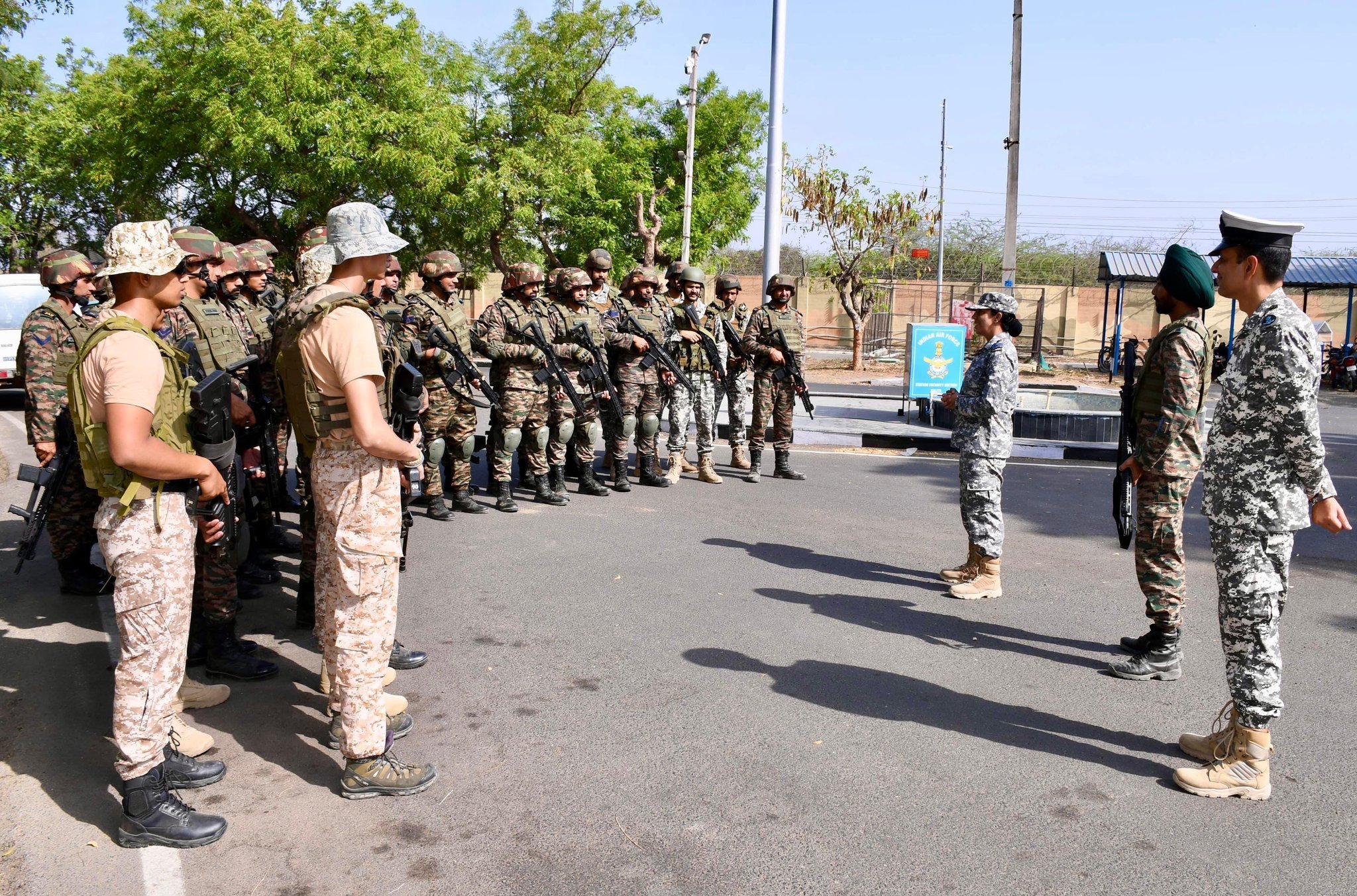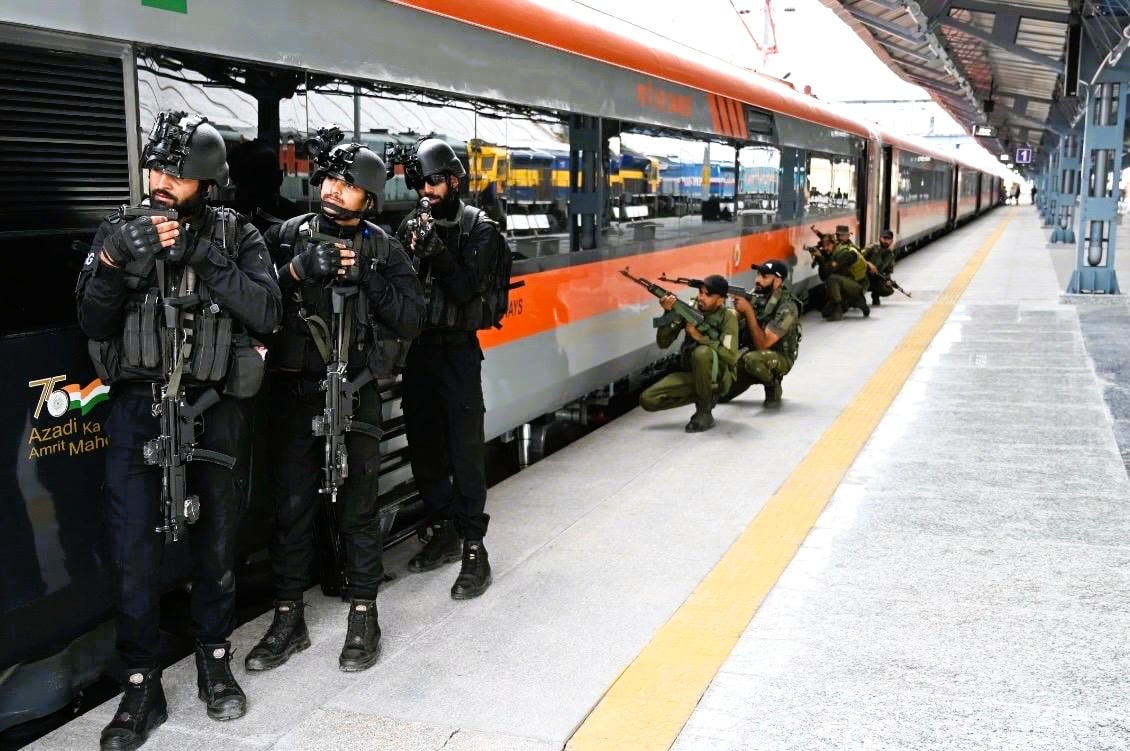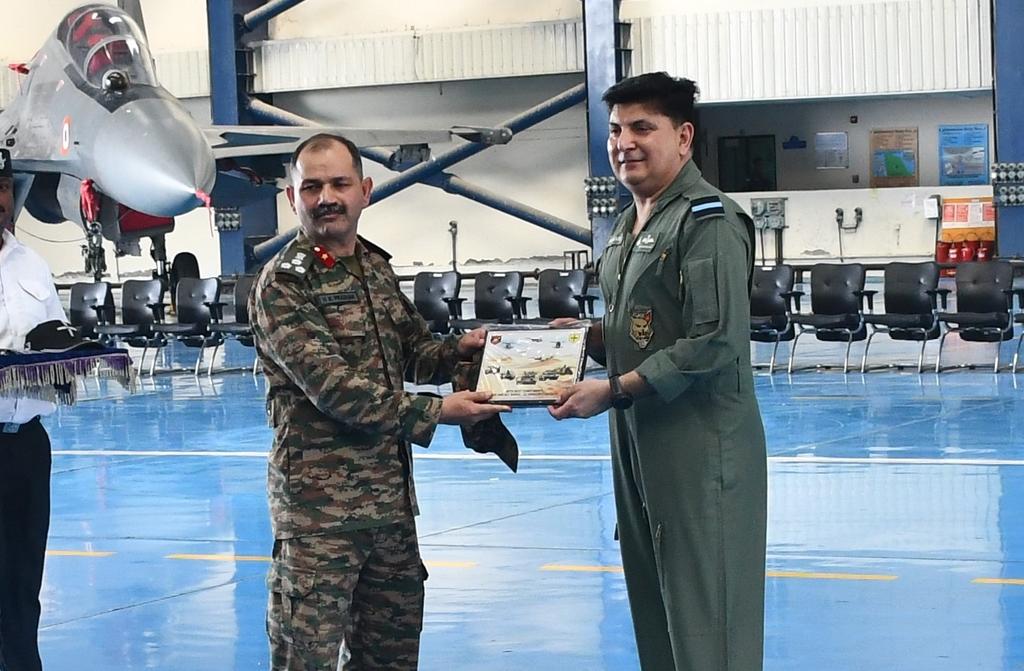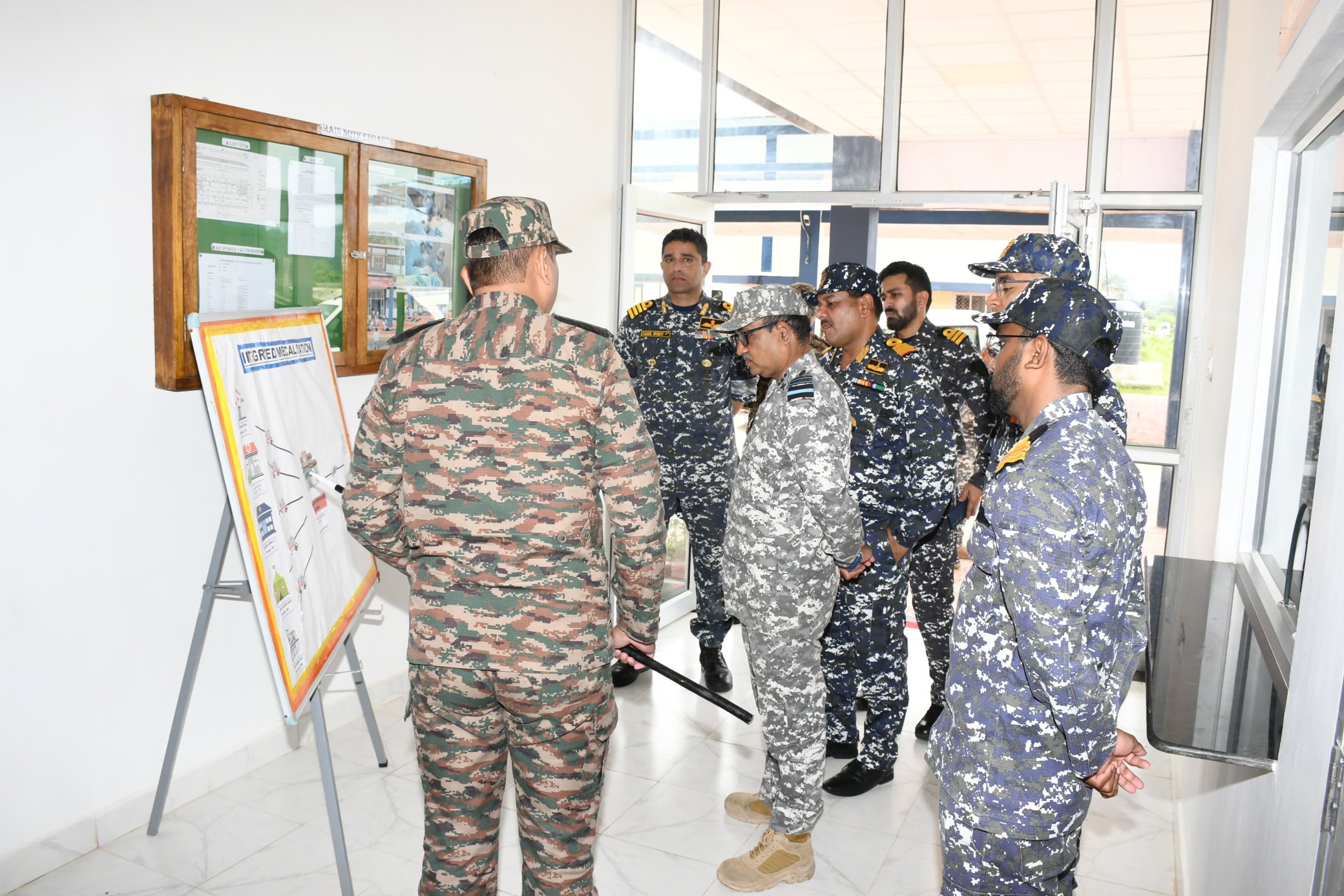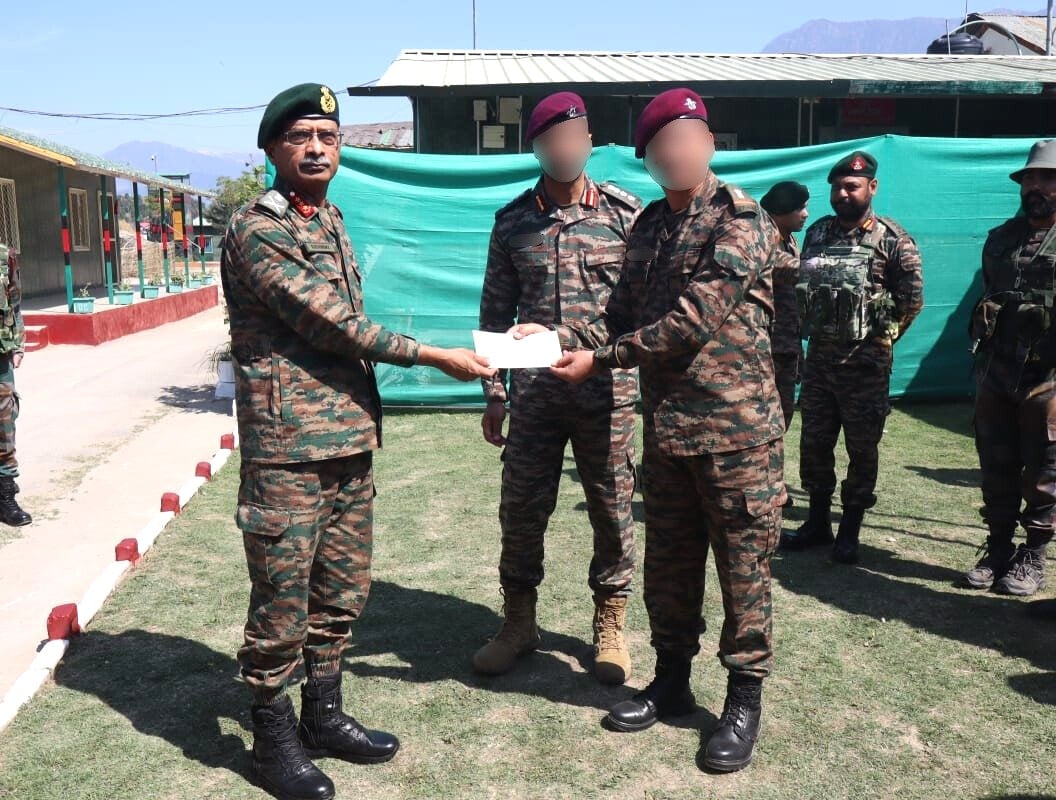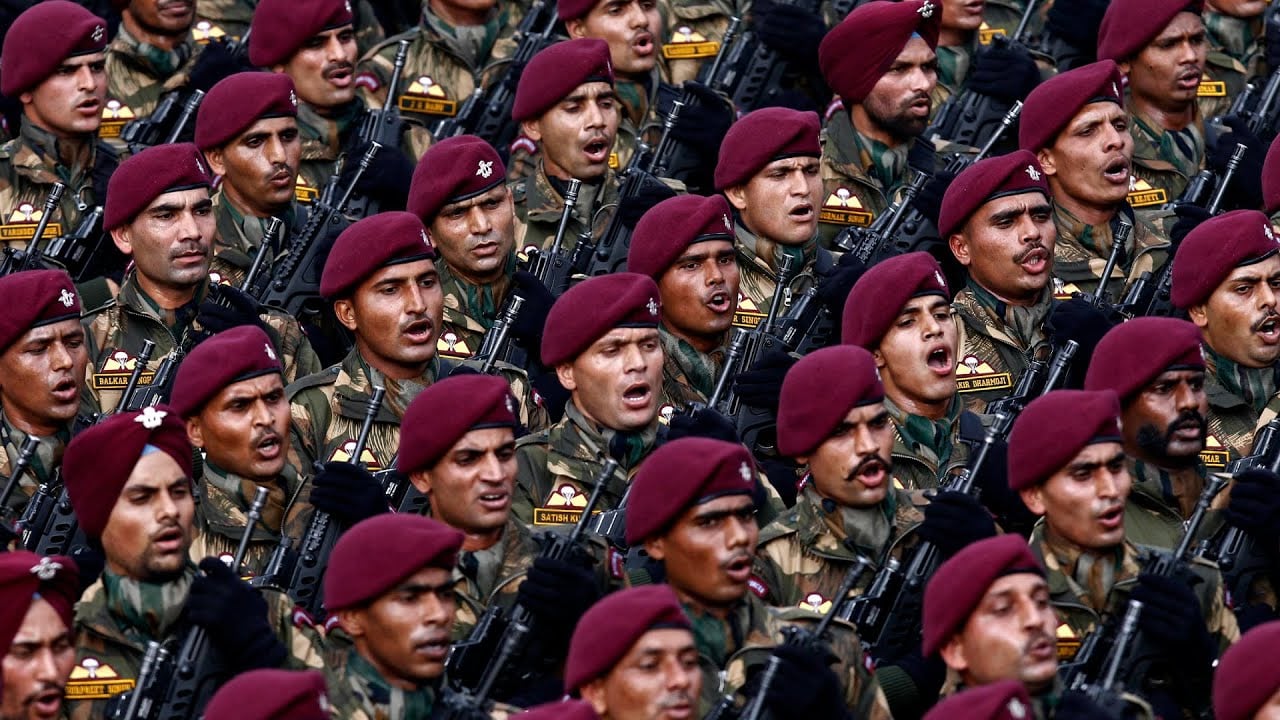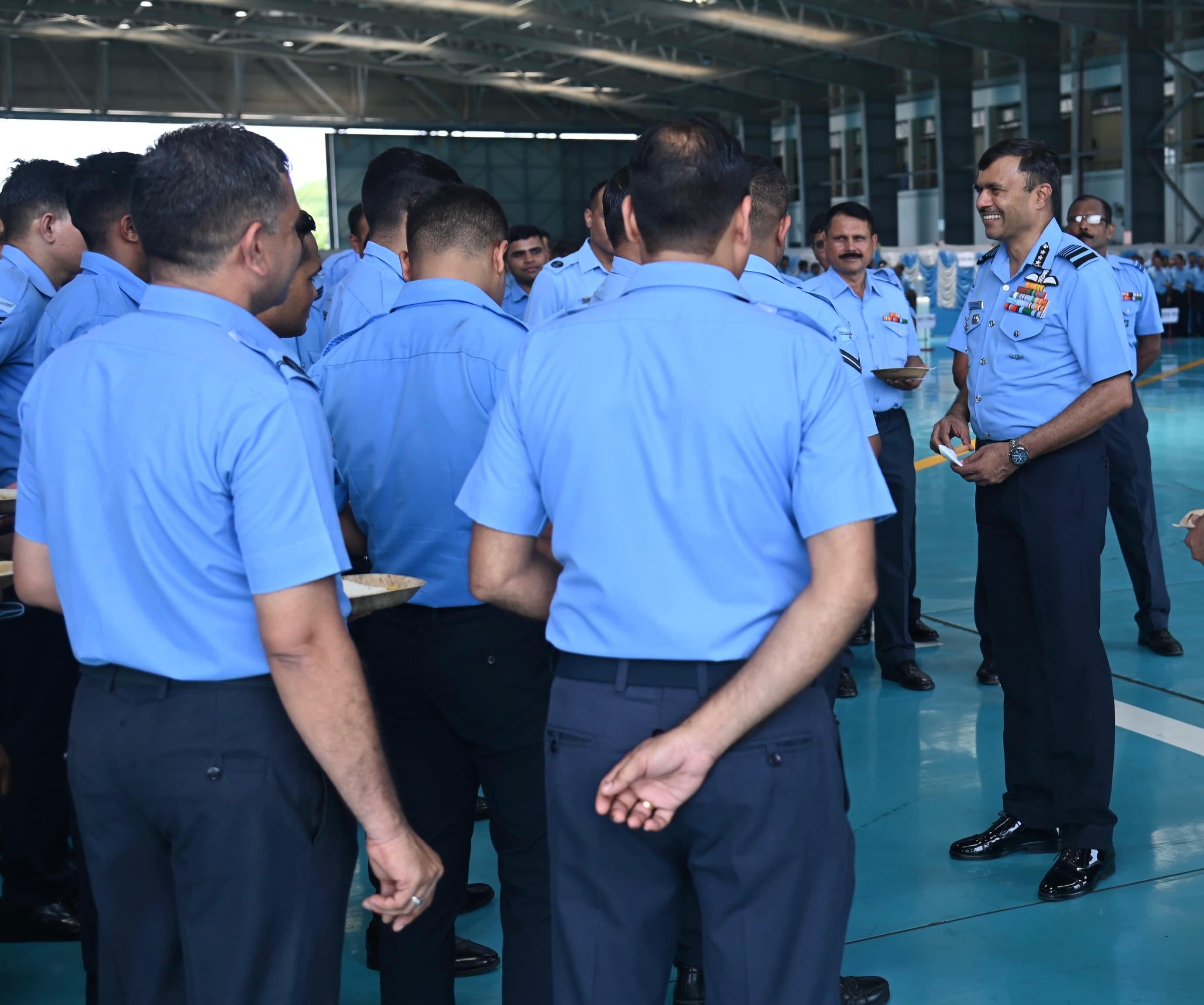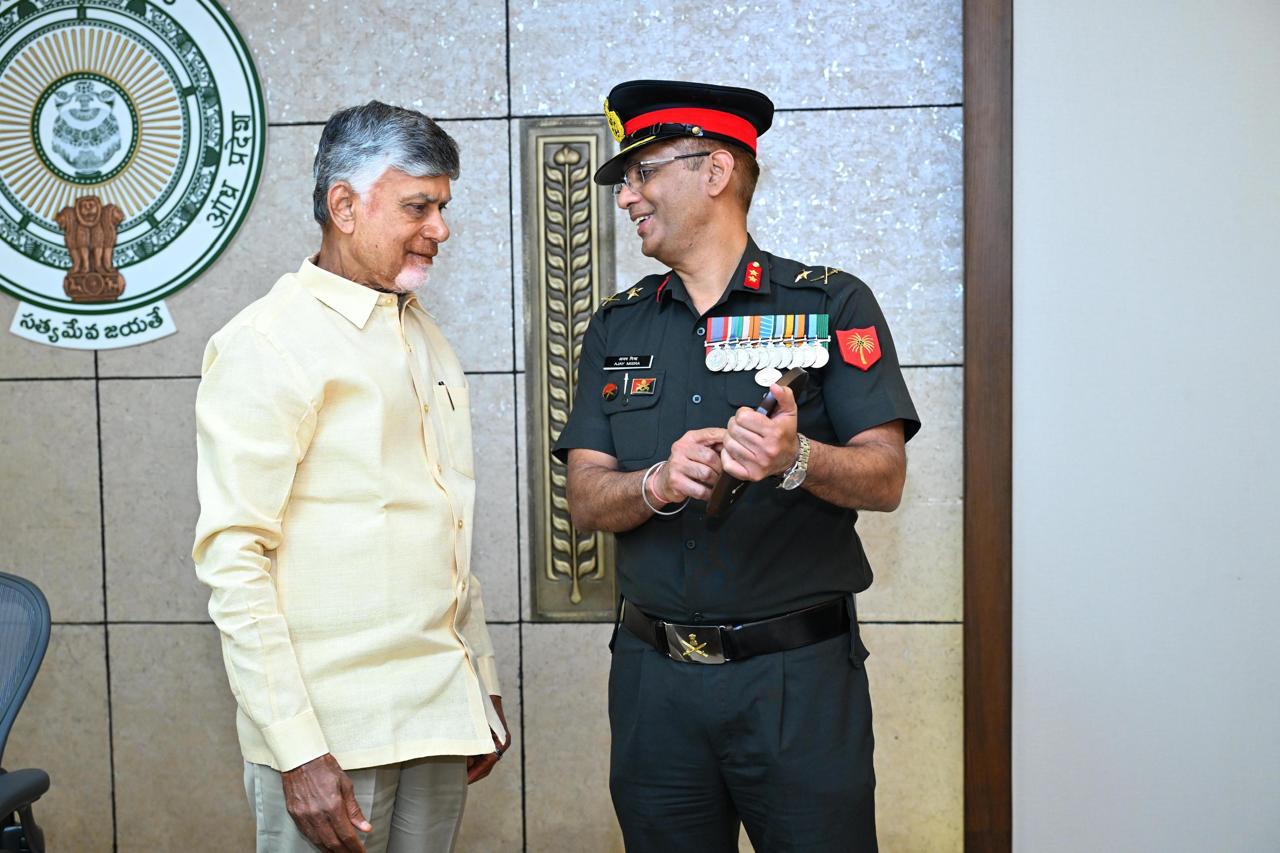In a significant development aimed at enhancing its maritime defense capabilities, the Indian Navy is preparing to finalize a substantial deal for 26 Rafale M (Marine) fighter jets with Dassault Aviation. The agreement, valued at approximately Rs 60,000 crore (USD 7.2 billion), has been officially confirmed by Chief of Naval Staff Admiral Dinesh Tripathi. This acquisition comes at a time when India’s naval capabilities are increasingly critical, particularly in light of growing challenges within the Indian Ocean Region (IOR).
The Rafale M jet, a specialized naval variant of the renowned Rafale fighter, brings a host of advanced features tailored for carrier-based operations. These aircraft are equipped with reinforced landing gear, arrester hooks, and a sturdy frame, all designed for compatibility with Indian aircraft carriers such as INS Vikrant and INS Vikramaditya. The jet excels in Short Take-Off But Arrested Recovery (STOBAR) operations, positioning it well within the operational framework of the Indian Navy.
One of the standout aspects of the Rafale M is its advanced weaponry and technology. The aircraft is armed with a diverse arsenal that includes the Meteor missile for air-to-air combat, the Exocet for anti-ship operations, and the SCALP for precision ground strikes. Its embedded AESA radar significantly enhances target detection and tracking capabilities, while the Spectra electronic warfare suite is instrumental in boosting the aircraft’s stealth and survivability in contested environments. Furthermore, the Rafale M can achieve speeds of up to Mach 1.8 and boasts a combat range exceeding 1,850 kilometers, making it a formidable platform in various operational scenarios. Its mid-air refueling capability further extends its operational range, enhancing its utility for long missions.
The strategic implications of this deal are noteworthy. The induction of Rafale M jets is expected to bolster the Indian Navy’s prowess in air superiority, anti-ship engagements, and precision strike capabilities. The ability of these jets to operate seamlessly from aircraft carriers will provide India with a pivotal advantage in asserting maritime dominance, particularly in the Indo-Pacific region, where geopolitical tensions are on the rise.
Economically, the deal includes offset clauses intended to stimulate local defense manufacturing and encourage collaborative ventures with Indian defense enterprises. This aligns with the government’s “Make in India” initiative, fostering domestic production and innovation in the defense sector.
Moreover, the comprehensive nature of the Rs 60,000 crore package extends beyond the procurement of aircraft. It encompasses vital components such as maintenance and logistics support for the Rafale M fleet, extensive training programs for Navy personnel on aircraft operation and maintenance, and contributions to domestic manufacturing as part of the offset obligations.
Though the financial outlay for this deal is considerable, its long-term benefits for India’s maritime security and strategic posture make it a necessary investment. The Rafale M jets are anticipated to significantly enhance the Navy’s deterrence capabilities, especially in the face of regional adversaries like China and Pakistan, while ensuring preparedness for emerging challenges in the Indo-Pacific landscape. This milestone is poised to be a transformative step in fortifying India’s maritime defense infrastructure and asserting its strategic interests in the region.



